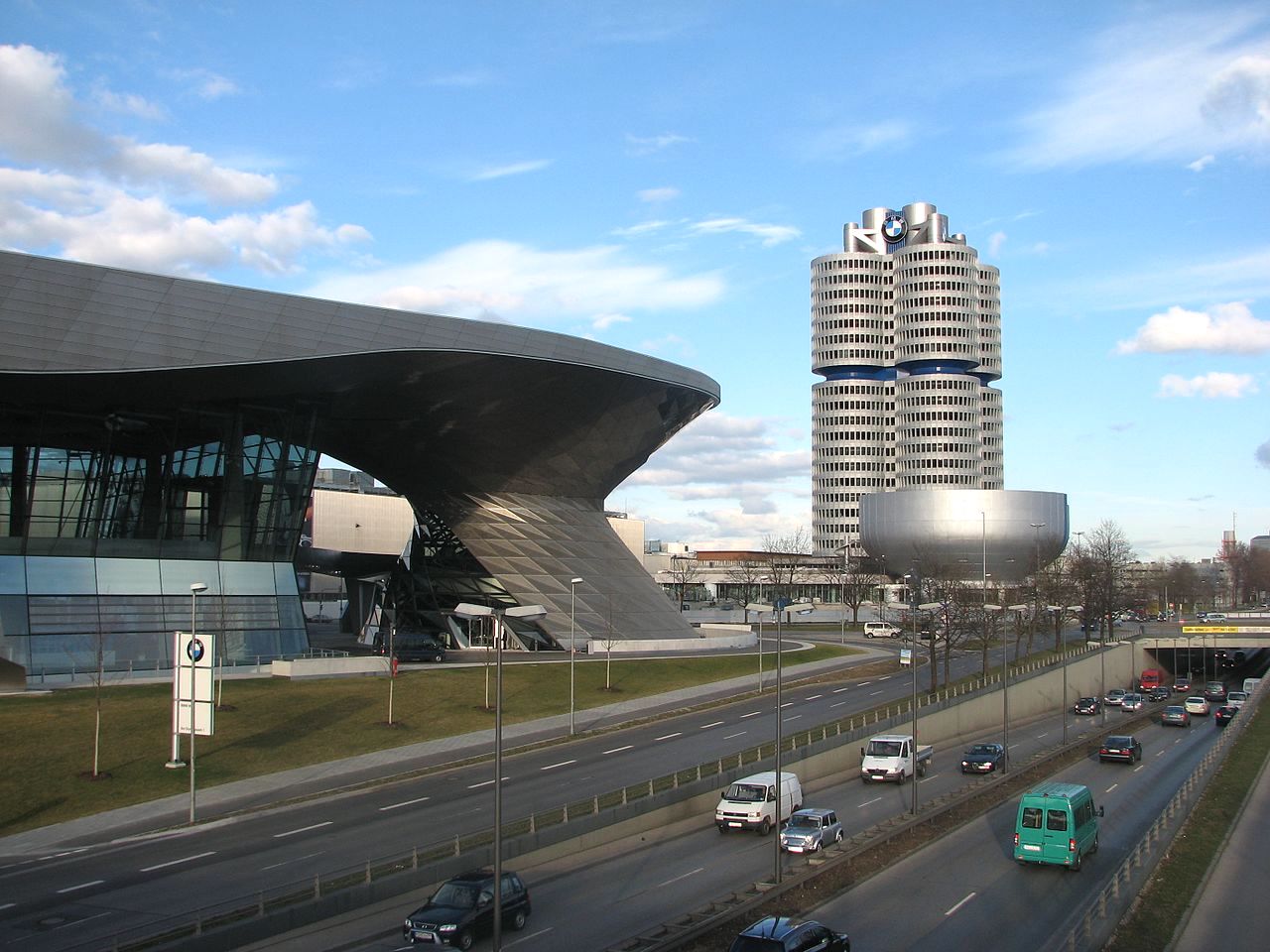
BMW’s organizational culture for its automotive and motorcycle business has the goal of motivating innovation. Innovative capabilities ensure competitiveness that counteracts risks and challenges in the industry environment described in the Five Forces analysis of BMW. This organizational culture and corresponding core values promote human resource resilience despite competitors, including automakers, such as Tesla, General Motors, Ford, and Toyota, as well as motorcycle manufacturers, like Harley-Davidson. BMW’s work culture motivates employees’ behaviors for innovation and business growth. This company culture also supports human resource management for job satisfaction and employee morale in the automotive and motorcycle business organization.
Bayerische Motoren Werke (Bavarian Motor Works; BMW) has cultural traits and related philosophy, core values, beliefs, workplace traditions and customs, and employee motivation that shape business capabilities and organizational characteristics. These traits help realize the goals of BMW’s mission statement and vision statement. The company culture helps guide human resource development for long-term success in the automotive and motorcycle industry.
Traits of BMW’s Culture
BMW’s organizational culture fosters positive experiences and employee morale in the workplace. The goal of this work culture is to promote ideas and behaviors for innovation in the automotive and motorcycle business. The following are the traits of BMW’s culture:
- Fun
- Challenging
- High-performance
- Sociable
BMW’s business culture promotes a fun and challenging work environment where employees are motivated to achieve high performance. High performance equates to high productivity and efficiency to achieve business goals, especially innovation for new mobility products. This performance-focused trait means that the organizational culture develops a high-performance workforce that ensures the competitive advantages enumerated in the SWOT analysis of BMW.
Moreover, easy rapport is achieved because the workplace is sociable, which is a cultural trait, referring to the benefits of positive work relations in the automotive business organization, especially in terms of employee morale, job satisfaction, and employee retention.
These traits of BMW’s company culture maintain workplace conditions designed to attract competent and high-performance workers.
BMW’s Core Values
BMW’s organizational culture involves core values that facilitate the company’s business goals. The company’s performance as a car and motorcycle manufacturer depends on strategic support from this corporate culture and its core values. The following are the core values inherent in BMW’s culture:
- Responsibility
- Appreciation
- Transparency
- Trust
- Openness
Responsibility is a value that BMW’s corporate culture instills in workers. The automaker expects employees to take responsibility for their actions and for the fulfillment of their jobs and roles in the business organization. This core value relates to BMW’s sustainability for corporate social responsibility (CSR) and environmental, social, and governance (ESG) goals.
Also, BMW’s organizational culture encourages appreciation as a core value in the workplace to enhance employee morale. Such a core value motivates workers’ high performance, which is a trait of this work culture.
BMW’s culture promotes transparency, trust, and openness, which are core values that influence communication effectiveness and knowledge exchange. For example, openness and transparency facilitate the sharing of innovative ideas among workers involved in vehicle design, leading to higher rates of creativity and innovation in the business.
The hierarchy, divisions, groups, and teams in BMW’s organizational structure (business structure) influence communication and documentation that affect these traits of the organizational culture.
BMW’s Organizational Culture & Business Strategy
BMW’s culture and core values promote innovation through human resource development. The company’s challenging and high-performance cultural traits, along with the core value of openness, motivate workers to create ideas and devise solutions to improve the business and its automotive and motorcycle products.
This corporate culture’s focus on innovation affects the success of BMW’s competitive strategy and growth strategies in strengthening and growing the multinational business. These strategies depend on human resource support that the automaker’s company culture facilitates.
The strategic impact of this organizational culture depends on its alignment to relevant external factors, such as the technological and sociocultural trends described in the PESTLE/PESTEL analysis of BMW. These trends determine the suitability of human resource capabilities in supporting business growth and development in the global market for automobiles and motorcycles. For example, this work culture can encourage automotive design engineers to recognize social conditions that they experience inside and outside BMW. This cultural alignment and recognition can contribute to the attractiveness of the company’s cars and motorcycles to target buyers who experience the same or similar social trends.
References
- BMW Group – Meet Our Team.
- BMW Group – Our Culture & Values.
- BMW Group History.
- Boselie, P., & van der Heijden, B. (2024). Strategic Human Resource Management: A Balanced Approach. McGraw Hill.
- Mirro, E. A., & Nguyen, C. (2024). Cooking up positive company culture during times of business scale: A leader’s recipe for success. Business Horizons, 67(3), 271-282.
- O’Reilly, C., Cao, X., & Sull, D. (2024). Organizational culture archetypes and firm performance. Journal of Business Research, 182, 114780.
- Shahzad, K., & Cheema, I. I. (2024). Low-carbon technologies in automotive industry and decarbonizing transport. Journal of Power Sources, 591, 233888.